
بوابة الصادرات المصرية
تليفون: 37493921 - 37493920 (202)
بريد إلكتروني: edasys@mift.gov.eg
العنوان: الحى الحكومى-وزارة الإستثمار والتجارة الخارجية-العاصمة الإدارية

بامية مصريه
The geographical origin of okra is disputed, with supporters of West African, Egypt, and South Asian origins.
| السعر على ظهر المركب | تواصل مع البائع |
| أقل كمية | 1 كونتنر 20 قدم |
| طرق الدفع | T/T, L/C, كاش, شيك, |
| التقييم | كن أول من يقيم هذا المنتج |
| الشركة |
فلمار

|
| انشر على |
Product Description:
The geographical origin of okra is disputed, with supporters of West African, Ethiopian, and South Asian origins. The plant is cultivated in tropical, subtropical and warm temperate regions around the world, known in many English-speaking countries as ladies' fingers or ochro, is a flowering plant in the mallow family. It is valued for its edible green seed pods.
Raw okra is 90% water, 2% protein, 7% carbohydrates and negligible in fat. In a 100 gram amount, raw okra is rich (20% or more of the Daily Value, DV) in dietary fiber, vitamin C and vitamin K, with moderate contents of thiamin, folate, and magnesium (table).
The products of the plant are mucilaginous, resulting in the characteristic "goo" or slime when the seed pods are cooked; the mucilage contains soluble fiber. Pods are cooked, pickled, eaten raw, or included in salads. In India, the pods stuffed with spices are a popular dish. Okra may be used in developing countries to mitigate malnutrition and alleviate food insecurity.
Benefits:
1. Okra Helps Treat Diabetes:
The fiber in okra scores the most points here. Eight medium-sized okra pods contain over 3 grams of fiber – which is a lot.
Adequate fiber intake has shown to boost digestion and cut down cravings. It keeps you full for long periods.
Fiber-rich foods are particularly suggested for patients with diabetes. This is because increased fiber intake has shown to control blood sugar levels and even improve insulin sensitivity.
Okra also contains myricetin, a substance that can increase sugar absorption by the body’s muscles. When this happens effectively, there are low sugar levels in the blood.
2. Protects the Heart:
The fiber in okra can help lower bad cholesterol levels – and this invariably contributes to heart health. High-fiber foods, like okra, also cut the risk of cardiovascular disease and stroke.
Pectin is one of the important fibers in okra – it modifies bile production within the intestines, thereby lowering blood cholesterol levels.
Okra is rich in magnesium as well, a mineral known to regulate blood pressure levels – protecting the heart by cutting down the risk of stroke.
3. Aids Cancer Prevention:
Okra contains lectin, a type of protein. A study showed that this protein could fight human breast cancer cells. It also showed that okra could suppress cancer cell growth by a whopping 63%.
Okra is rich in folate, which makes it another essential for cancer prevention. Studies state that a deficiency in folate can increase the risk of cancers of the breast, pancreas, cervix, and lungs.
4. Promotes Digestion:
It’s the fiber, again. Dietary fiber helps prevent constipation and promotes regularity. In fact, the higher your fiber intake, the less chance you have of developing colorectal cancer.
The fiber in okra can also keep you satiated for a long time, thereby contributing to weight loss.
5. Improves Vision:
Okra is particularly rich in vitamin A and beta-carotene – two nutrients that promote excellent vision.
6. Is Beneficial During Pregnancy:
The folate in okra makes the vegetable quite beneficial during pregnancy. Folate has been found to reduce birth defects in babies.
Okra also contains vitamin C, a nutrient that boosts iron absorption. Iron is an important mineral during pregnancy as it enhances blood health and promotes the baby’s growth and development. It is also required by the growing fetus and placenta – and to increase the maternal red cell mass.
7. Can Boost Skin Health:
This is particularly true with vitamin A and beta-carotene in okra. Studies show that beta-carotene can help prevent skin damage and boost skin appearance.
Topical application of vitamin A was also found to fight wrinkles and fine lines.
That’s about the benefits of okra. Apart from what you read, there are other nutrients in this veggie that contribute to its greatness.
بلد الصنع:
Egypt
القدرة عن التوفير:
10 كونتنر 40 قدم لكل شهر
:

فلمار
محافظة القاهرة
01551246710
01221446551
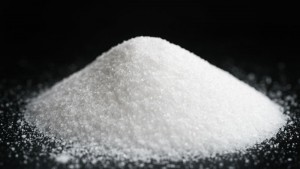
أقل كمية: 26 طن
السعر: تواصل مع البائع

أقل كمية: 20 طن
السعر: تواصل مع البائع

أقل كمية: 20 طن
السعر: تواصل مع البائع

أقل كمية: 20 طن
السعر: تواصل مع البائع

أقل كمية: 1 كونتنر 40 قدم
السعر: تواصل مع البائع
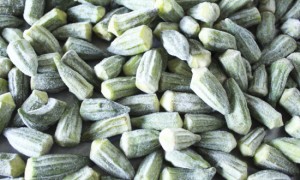
أقل كمية: 1 كونتنر 20 قدم
السعر: تواصل مع البائع
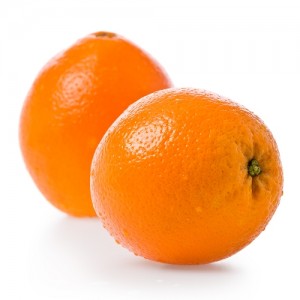
أقل كمية: 1 كونتنر 40 قدم
السعر: تواصل مع البائع
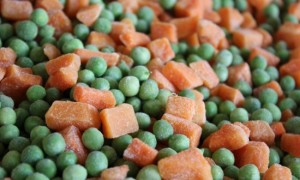
أقل كمية: 2 كونتنر 20 قدم
السعر: تواصل مع البائع

أقل كمية: 24 طن
السعر: تواصل مع البائع

أقل كمية: 24 طن
السعر: تواصل مع البائع
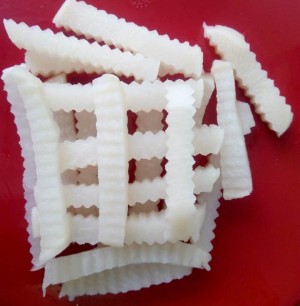

أقل كمية: 1 كونتنر 40 قدم
السعر: تواصل مع البائع


 English
English


